Millions participated in the “No Kings” protests, opposing President Donald Trump’s administration. The demonstrations coincided with a military parade marking the U.S. Army’s 250th anniversary and Trump’s 79th birthday. Organizers claimed over 5 million people rallied in more than 2,100 cities, expressing concerns over immigration policies, political violence, and the perceived militarization of domestic affairs. Clashes occurred in cities like Los Angeles, where police used tear gas, and in Minnesota, where the fatal shooting of a state lawmaker led to canceled rallies.
In Mongolia, anti-government protests erupted in May 2025, sparked by reports of extravagant spending by Prime Minister Luvsannamsrain Oyun-Erdene’s son. Led primarily by young activists, the demonstrations highlighted broader issues of government corruption and economic hardship. The protests culminated in Oyun-Erdene’s resignation on June 3, following a vote of no confidence in the State Great Khural.
In Mali, since May 3, 2025, citizens have protested against the military junta led by Assimi Goïta. The demonstrations demand democratic reforms and the restoration of political freedoms, following the suspension of political activities and the dissolution of political parties by the junta. The protests have been met with resistance, including the arrest of opposition figures and the suspension of political activities.
In the Netherlands, from May 18 to June 15, 2025, the “Red Line” demonstrations took place in The Hague, organized by human rights groups and pro-Palestinian organizations. Protesters opposed Israel’s military actions in Gaza and called for Dutch sanctions against Israel. The demonstrations drew over 100,000 participants, marking the largest in the Netherlands in two decades.
In Nepal, pro-monarchy protests have been ongoing since April 2025, led by the Rastriya Prajatantra Party. Demonstrators demand the restoration of the Hindu monarchy, citing dissatisfaction with the current republican system and economic challenges. The protests have led to clashes with security forces, resulting in arrests and heightened tensions.
In Georgia, following the October 2024 parliamentary elections, widespread protests erupted over allegations of electoral fraud and the ruling party’s decision to suspend the European Union accession process. The protests have been met with violence, including police brutality against protesters and journalists, leading to international condemnation.
These global protests underscore a growing trend of citizens challenging government actions and policies, reflecting widespread demands for democratic reforms, accountability, and respect for human rights.

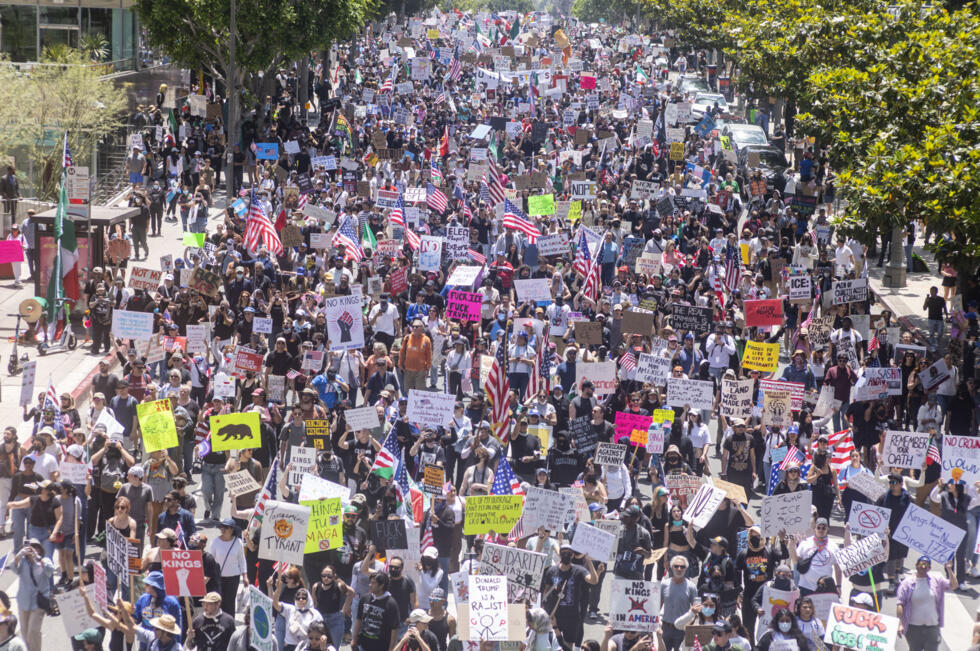


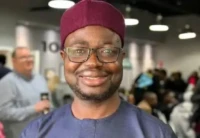
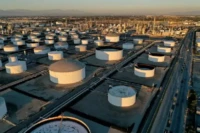

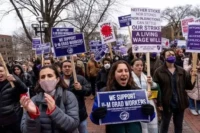
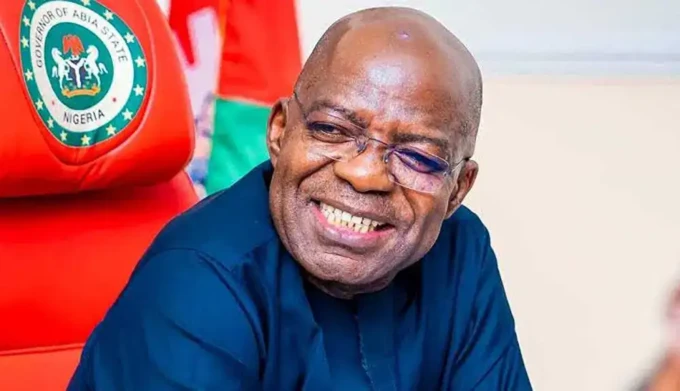
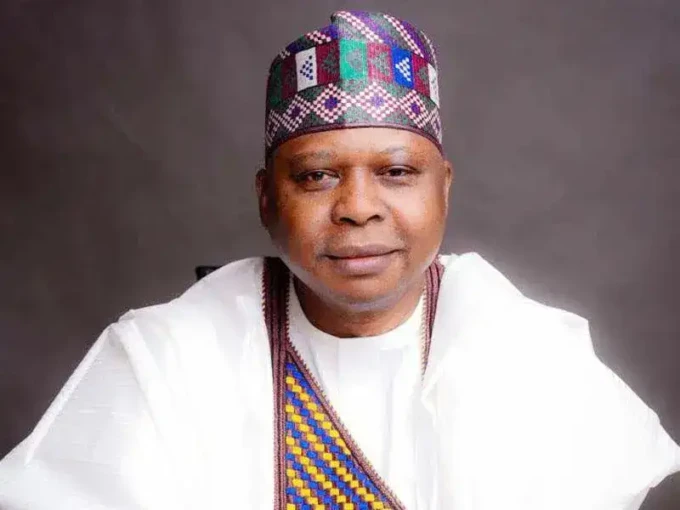

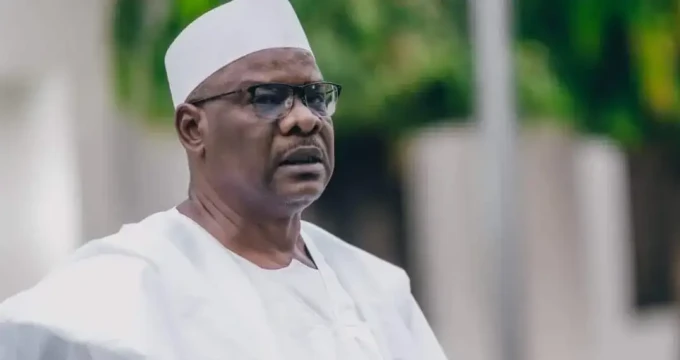
Leave a comment